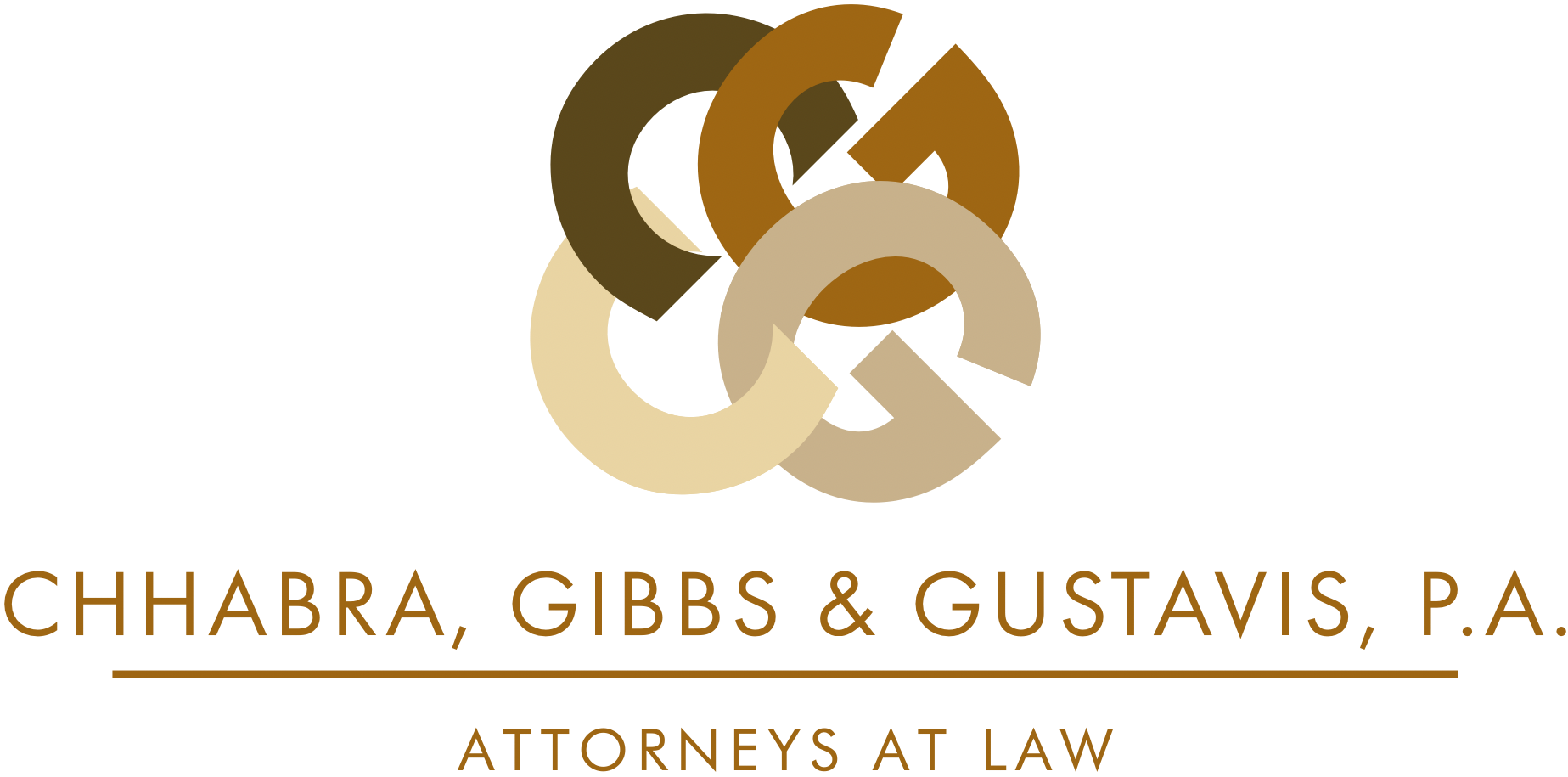Using Consumer Statutes To Combat Identity Theft

Imagine waking up one morning to find that your savings account has been emptied out or reviewing your credit card statement and seeing thousands of dollars in unfamiliar charges. Then your bank or credit card company acts like it’s your fault. Don’t let them get away with it.
Identity theft occurs far too often to consumers. And banks and credit card companies are far too eager to let the victims foot the bill. But this doesn’t have to be the case. Handled correctly, an identity theft victim can put the burden of proof on the bank or credit card company to prove the charges are legitimate. In other words, you don’t have to prove that you didn’t make the charges and you can better combat identity theft.
First, review your bank and credit card charges once a week, if not more often, to make sure no suspicious charges appear. Second, if you see transactions that you didn’t make or authorize, contact an experienced identity theft lawyer immediately — like Chhabra Gibbs & Herrington PLLC.
We use various consumer protection statutes to help our clients combat identity theft: for fraudulent transactions on a checking or savings account, the Electronic Fund Transfer Act; for fraudulent charges on a credit card, the Fair Credit Billing Act.
These statutes require the bank or credit card company to conduct a reasonable investigation into the disputed transactions and provide its result in writing. A reasonable investigation should, at minimum, include:
- A review of how the consumer has used the account or credit card in the past. For example, does the consumer use the card frequently or not very often? Where does the consumer usually make charges? How many transactions?
- A written statement from the consumer, including where the consumer was at the time of the fraudulent charges.
- A review of police reports.
- A review of video from ATMs or security cameras.
- A comparison of the consumer’s signature with the signature on receipts from the fraudulent transactions.
Identity theft can wreak havoc on your finances, but the agony doesn’t stop there. It can also destroy your credit. Let’s say an identity thief racks up $5000 in fraudulent charges on your credit card. Your credit card balance is now $5000 more than it should be. That balance gets reported to the credit reporting agencies like Trans Union, Experian, and Equifax.
Lenders may deny you credit based on this inflated debt total. At Chhabra Gibbs & Herrington PLLC, we also use the Fair Credit Reporting Act to ensure that your credit files are accurate, and stay that way when you combat identity theft.
These statutes require banks and credit card companies to pay your attorney’s fees and costs if you win the case. So you shouldn’t have to pay for an attorney upfront.
Knowing the ins and outs of these consumer protection statues is crucial to winning your identity theft case. Don’t get ripped off twice – once by the identity thief and then by your bank or credit card company.
The lawyers at Chhabra Gibbs & Herrington PLLC are experienced consumer protection lawyers who can help you through the economic destruction caused by identity theft. Combat identity theft today. Contact us today by calling 1-877-317-8005 or 601-948-8005, you can also reach us by live chat on our website. Our law firm represents clients on a national level and do not charge a fee to hear your case. We want to make sure you do not walk alone. We are here to guide you through your case and help you understand through every step of the way. Our Mass Tort & Class Action Firm partners and members are here to answer and listen to your concerns. Contact us today to get the recovery you deserve.

